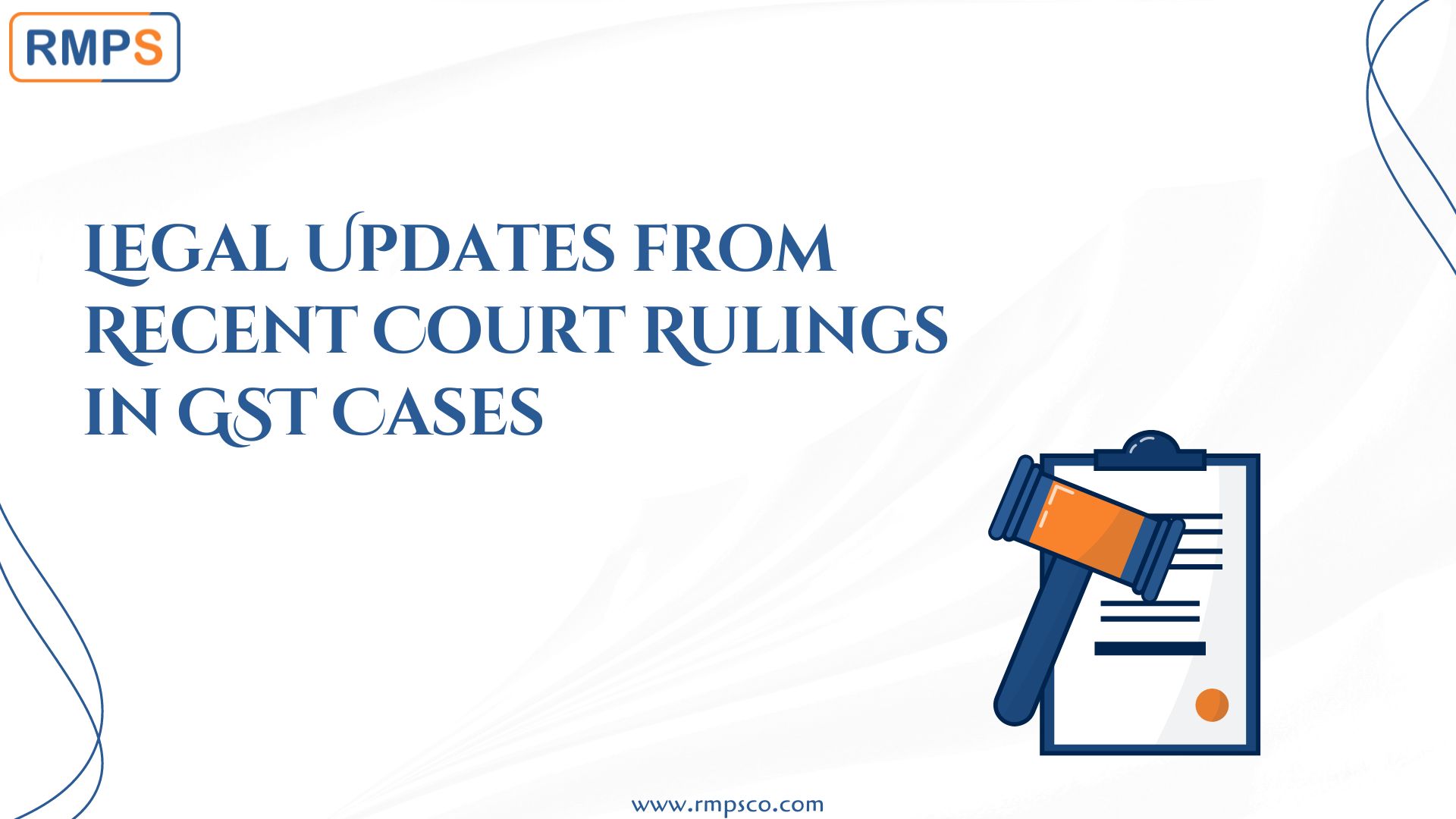
Understanding GST law, especially regarding asset GST seizures, can be challenging. Recent court rulings have clarified the limits of CGST authorities’ power to seize assets. This blog will break down a key legal case that affects businesses dealing with the Goods and Services Tax (GST).
The Case: CGST vs. Deepak Khandelwal
In January 2020, CGST officials conducted a search at Deepak Khandelwal’s residence. They seized two silver bars, ₹7 lakh in cash, and other valuable items, claiming these were linked to tax evasion. However, Khandelwal argued that currency and silver bars should not be considered “goods” under GST law and should not have been seized. This legal dispute eventually reached both the High Court of Delhi and the Supreme Court.
Key Issue: What Can CGST Seize?
The main question in this case was whether CGST officials had the right to seize items like cash and silver bars under Section 67 of the GST Act. Khandelwal’s team pointed out that money is not considered “goods” under the law. As a result, the court had to decide if the seized items fell within the legal limits of the law and if CGST officials followed proper procedures.
The High Court’s Decision: CGST Overstepped Its Authority
The High Court sided with Khandelwal, emphasizing two critical points:
1.Currency and Silver Bars: The court stated that currency is not “goods” under the GST Act. Silver bars, while considered movable property, can only be seized if directly tied to tax evasion.
2.Seizure Rules: CGST authorities must issue a notice within six months of GST seizing assets. If they fail to do so, they are required to return the items. In this case, the authorities did not issue a notice, so the court ordered the return of Khandelwal’s assets.
The Supreme Court: No Need for Changes
CGST officials appealed the High Court’s decision, but the Supreme Court upheld the ruling. The court confirmed that Khandelwal’s assets should be returned since no proper notice had been given.
Lessons for Businesses
This case is important for businesses because it sets clear guidelines on how CGST officials can act. Here’s what companies need to know:
- Money Can’t Be Seized: Under GST law, currency is not considered “goods” and cannot be seized unless directly linked to tax evasion.
- Six-Month Deadline: CGST authorities must issue a notice within six months of a seizure. If they don’t, they must return the seized assets.
Limits on Power: The court made it clear that CGST’s power under Section 67 is limited to preventing tax evasion, not taking unaccounted wealth.
Conclusion: Protect Your Business and Stay Compliant
This case highlights the importance of knowing your rights under GST law. By understanding how CGST authorities should act, you can protect your assets and ensure your business complies with the law.
For more information please refer below Judgement:
LinkedIn Link : RMPS Profile
This article is only a knowledge-sharing initiative and is based on the Relevant Provisions as applicable and as per the information existing at the time of the preparation. In no event, RMPS & Co. or the Author or any other persons be liable for any direct and indirect result from this Article or any inadvertent omission of the provisions, update, etc if any.
Published on: September 6, 2024
